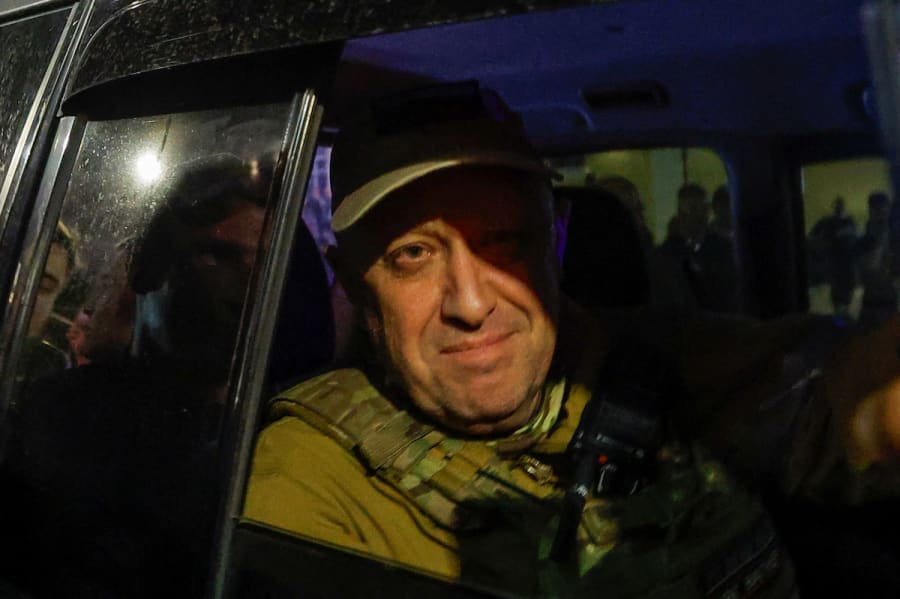RUSSIA COUP FAILS: But why did Prigozhin suddenly stop his rapid advance on Moscow? Abrupt surrender doesn’t make sense

In a bizarre and thus far inexplicable turn of events, the coup to bring down the government of Russian President Vladimir Putin has failed.
Civil war and massive bloodshed inside Russia were narrowly averted.
And at this hour Putin remains in charge of the Russian Federation and its nuclear forces.
But how the story changed so rapidly from “imminent civil war” to “rebel leader gives up and chooses exile instead of confrontation” is a total mystery.
For much of Friday and Saturday, Putin and his regime looked incredibly vulnerable.
Putin’s most vicious, aggressive and effective fighting forces — a band of mercenaries known as the Wagner group — had turned on him, stopped fighting in Ukraine, seized an entire Russian province, and started their rapid advance on Moscow.
But everything changed on Saturday night.
With his heavily armed forces closing in on Moscow — indeed, just 125 miles from the capital — Russian mercenary leader Yevgeny Prigozhin suddenly ordered them to stop their advance and stand down.
Then Prigozhin just plain gave up.
Now we’re told that he has agreed to go into exile in the neighboring country of Belarus, where he will not face any criminal charges.
Belarus President Alexander Lukashenko reportedly brokered a deal between Putin and Prigozhin to de-escalate tensions, though the terms of the deal are not yet clear.
Even more unclear is what persuaded Prigozhin to give up so quickly and so completely?
One possibility is this: Prigozhin always knew that his 25,000 to 50,000 men could not successfully take, hold and occupy Moscow, a city of 12 million people.
So, maybe he was hoping and planning on large numbers of Russian military units abandoning Putin and becoming loyal to Prigozhin and the Wagner group.
When that didn’t happen — or happen fast enough — perhaps Prigozhin realized his plan was doomed.
This might be the most likely scenario.
But hope is not a strategy.
Did Prigozhin really begin his advance on Moscow without having firm commitments from a wide range of commanders of Russian military units to back his coup?
If not, why take the gamble?
If he had them, what persuaded those commanders to recalculate?
Was Putin’s televised speech that persuasive?
The bizarre and sudden turn of events has raised many questions that so far are unanswered.

Joel C. Rosenberg is the editor-in-chief of ALL ISRAEL NEWS and ALL ARAB NEWS and the President and CEO of Near East Media. A New York Times best-selling author, Middle East analyst, and Evangelical leader, he lives in Jerusalem with his wife and sons.














